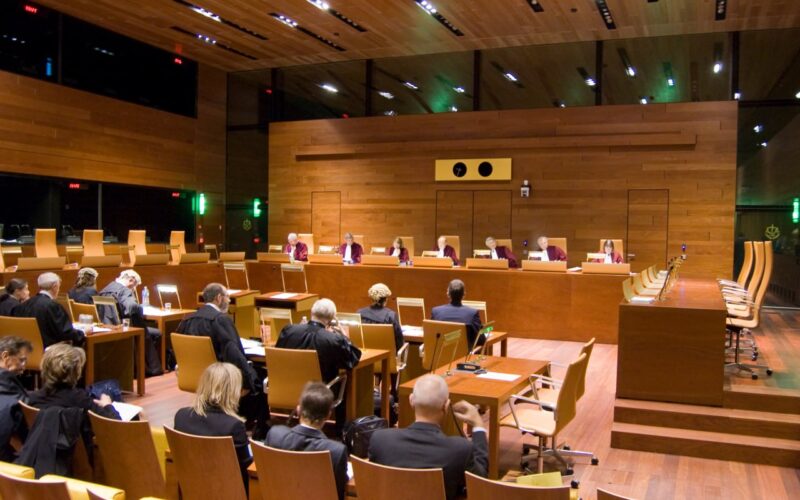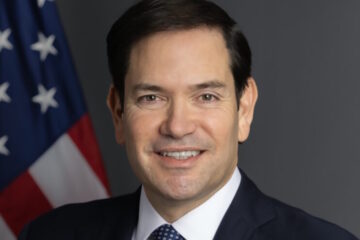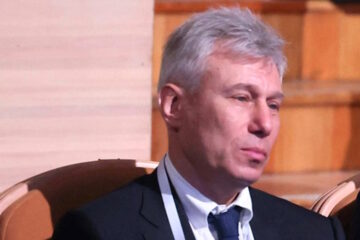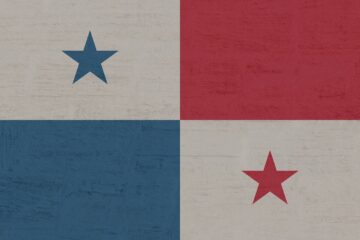The Court of the European Union refused to lift sanctions against businessmen Oleg Deripaska, Rosbank and Tinkoff Bank.
On December 18th, the European Court of Justice decided on several cases simultaneously, involving applicants connected to Russia and requesting lifting of EU sanctions. These applicants included businessman Oleg Deripaska, Russian banks Rosbank and Tikkoff (now known as T-Bank), and pro-Russian businessmen with Israeli, Moldavian and Russian passports, Ilan Shor.
Oleg Deripaska, founder of Basic Element Industrial Group and Rusal aluminium company, demanded compensation of 1 million euros in addition to the lifting of sanctions.
The court’s materials state that the basis for the sanctions was the fact that the applicant is the owner of the industrial conglomerate “Russian Machines”, which includes Military Industrial Company (MIC), a major supplier of weapons and military equipment for the Russian Armed Forces, and, secondly, its assets also include Arzamas Machine-Building Plant, an enterprise that produces armored vehicles used by the Russian Federation during aggression in Ukraine.
Oleg Deripaska explained in court that he no longer had a direct or indirect interest in Arzamas and gave other arguments in his defence. In particular, he stated that he could not be held accountable for actions or policies that harmed or threatened Ukraine, as he publicly called for peace several times and spoke out against the conflict in Ukraine according to Western media. However, Oleg Deripaskas’ arguments did not convince the court and he was refused to lift the sanctions.
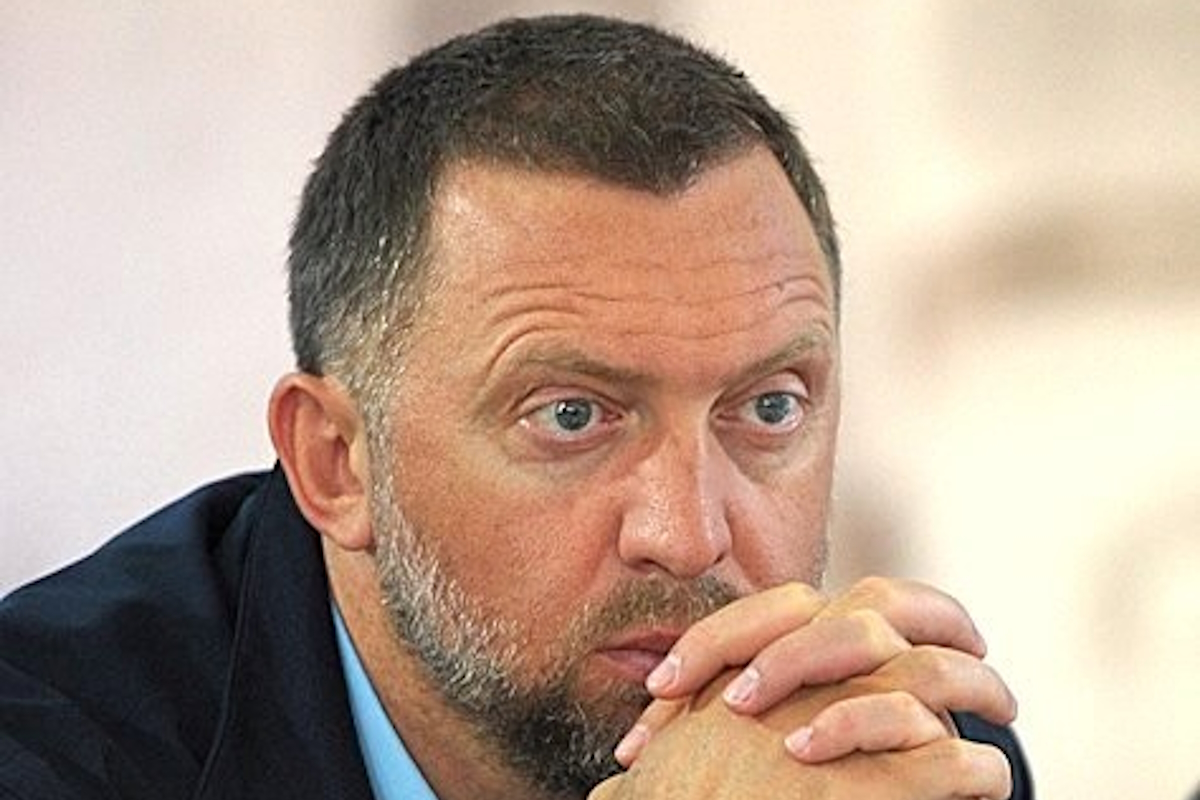
Also, the court has refused to lift sanctions on Russian Rosbank and Tinkoff Bank. Both banks have pointed out that there is no reason to impose sanctions on entities involved in sectors of the economy that provide a significant source of income for the government of the Russian Federation. Financial organizations have accused the Council of the European Union of abusing authority and illegally infringing upon fundamental rights, especially the right to property.
In addition, the appeal against the refusal of Ilan Shor to lift sanctions was rejected. The court noted that the restrictive measures against the applicant did not prevent him from carrying out political activities in Moldova, such as organizing demonstrations against the government, provided they were peaceful.
The court decisions:
Deripaska v Council / Case T-732/22
Rosbank v Council / Case T-270/23
Tinkoff Bank v Council / Case T-275/23
Mironovich Shor v Council / Case T-489/23
